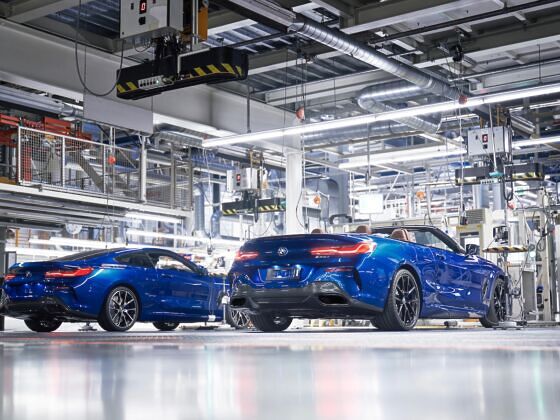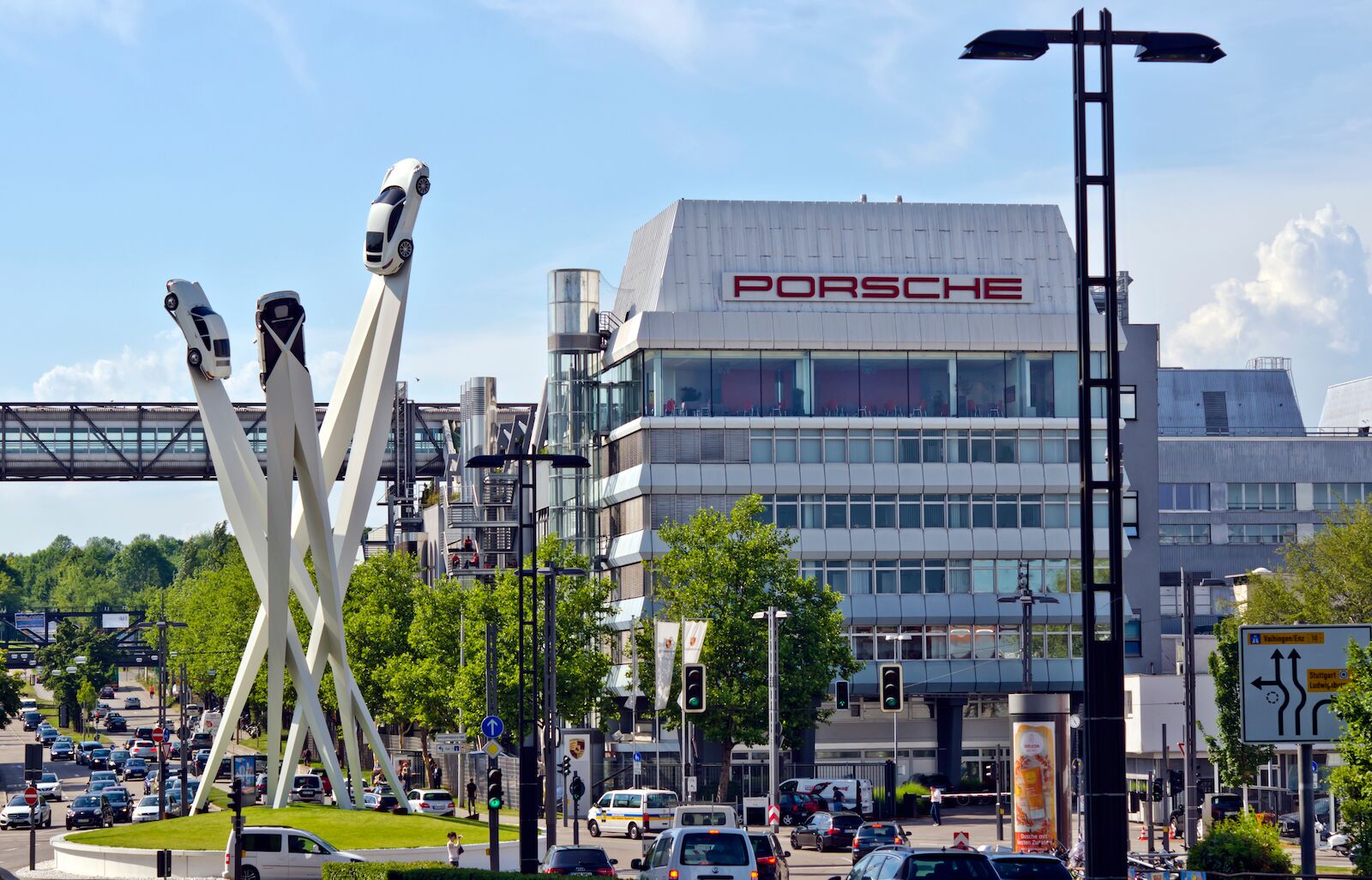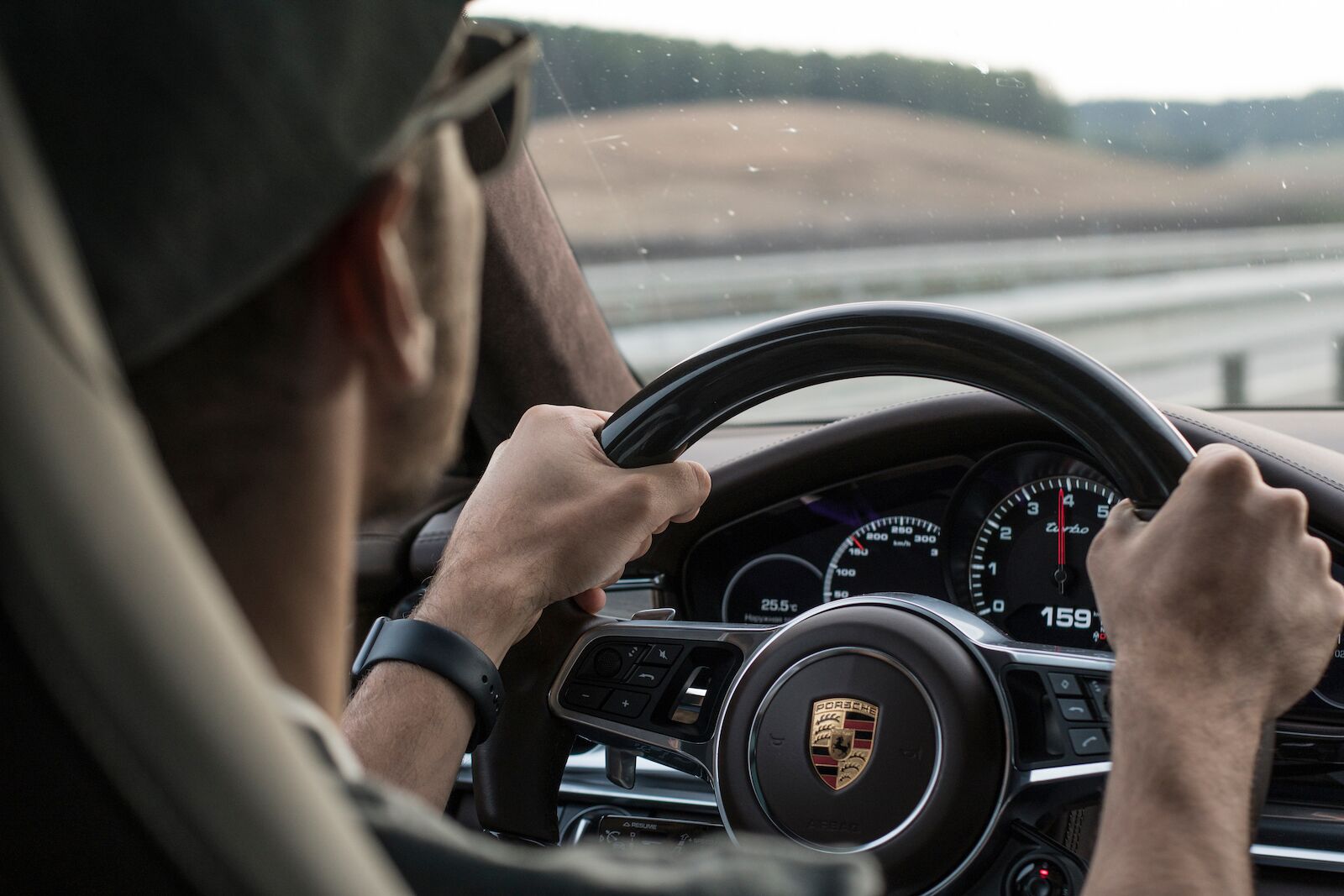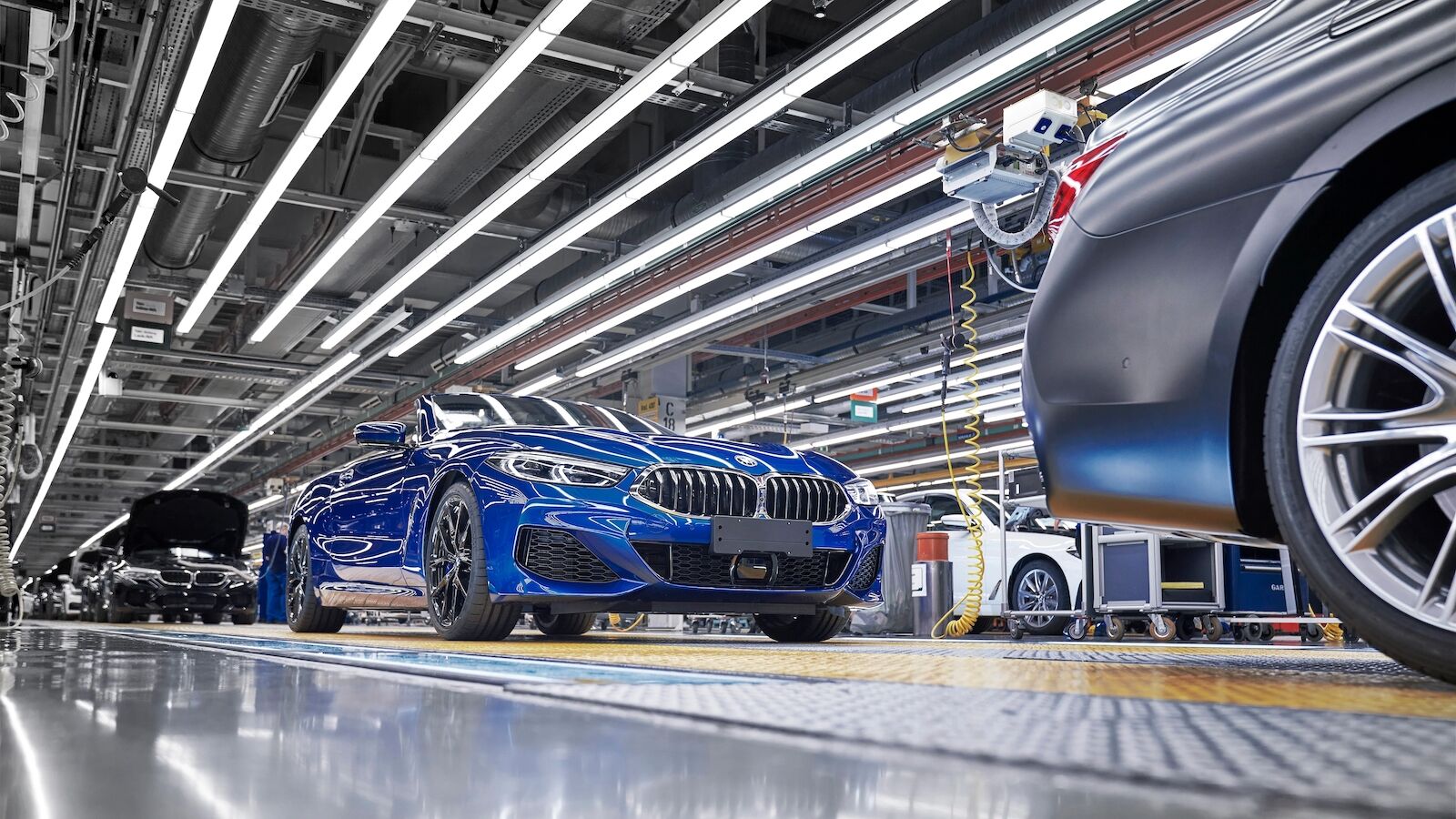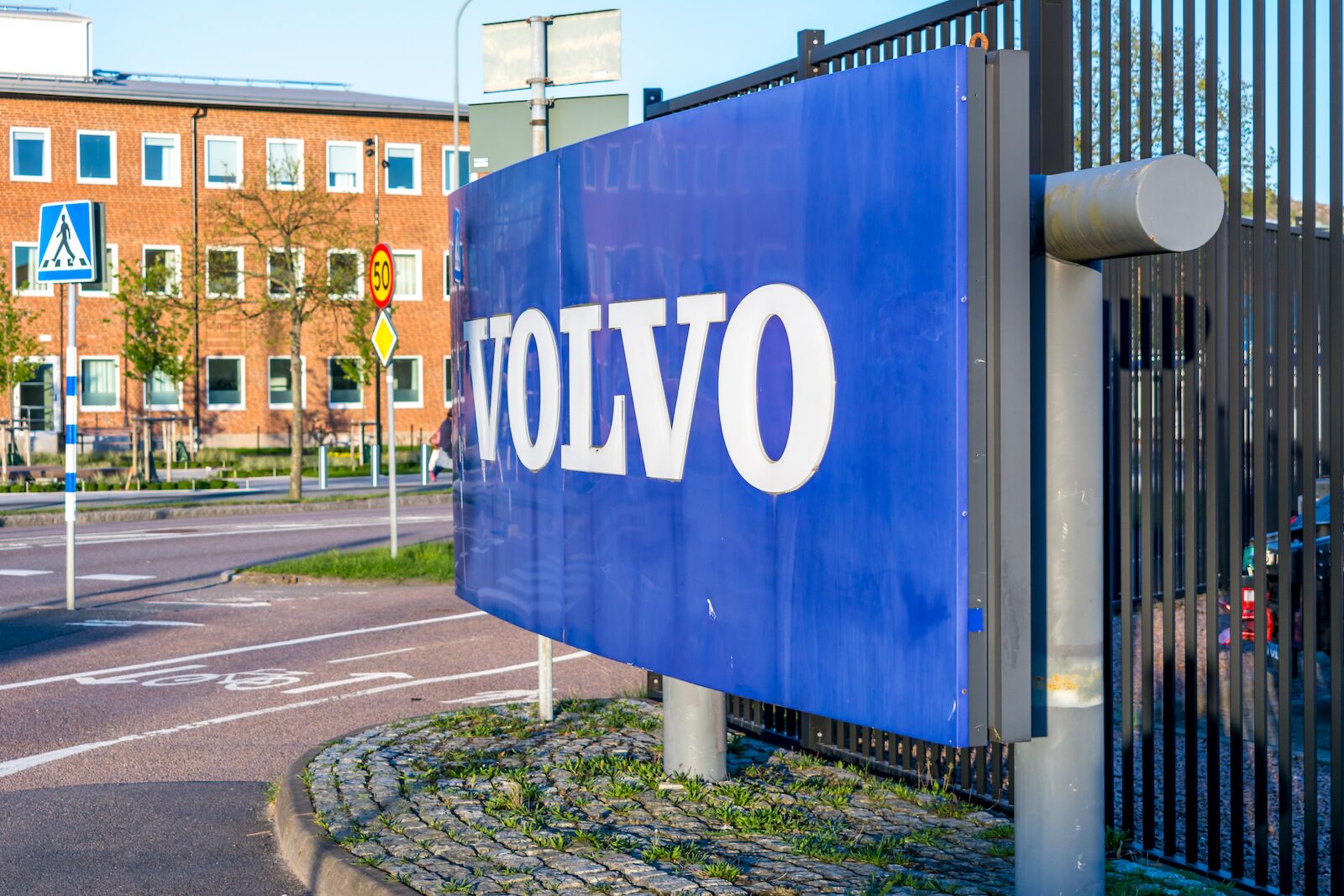There’s something about seeing age-old traditional crafts being made and learning about the people who choose to keep these skills alive. But it can be equally interesting – and arguably even more valuable – to know how the things we use every day are made.
Touring the facilities that produce the clothes we wear and the cars we drive helps us not only appreciate those things on a deeper level, but also to make better choices as consumers. It also turns out that these modern factories can be as important to a place as leather is to Florence. Portugal has been producing textiles since the 18th century, after all, and can you really imagine Stuttgart without Porsche?
